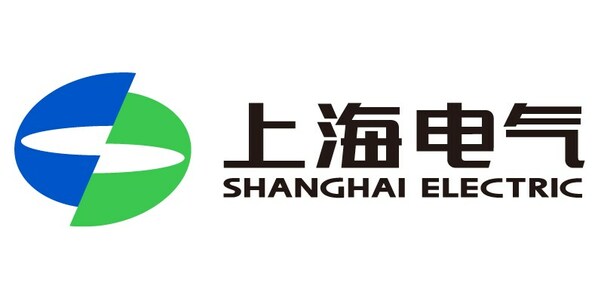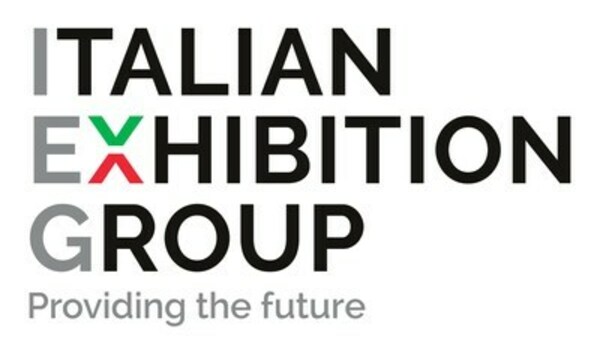FRANKFURT, Germany and DORTMUND, Germany, Feb. 6, 2024 /PRNewswire/ -- That sounds contradictory, but it is reality. Every year, the German Chemical Society (GDCh) awards the 10,000-euro "Mario Markus Prize for Natural Sciences" for an unexpected invention or discovery in the natural sciences that has no visible application.
With this prize, Prof. Dr. Mario Markus, who funds the award, wants to counteract the trend of only supporting or honoring scientific work that promises an application. In contrast, the Mario Markus Prize will be awarded when an observation is the result of surprise, curiosity or questions to nature. It should arise from a playful, "ludic" attitude (from the Latin ludus, the game).
The application or nomination must include a short cover letter, a curriculum vitae and at least one publication describing the work, published in a peer-reviewed journal in 2019 or later. Nominations and applications can be submitted at www.gdch.de/nominations until 31 May 2024. General information is available at www.gdch.de/mariomarkus.
Will "ludic discoveries" stay "ludic" forever? Not necessarily. In the past, "ludic science" has led to many discoveries that later turned out to be useful. One example is the surprising melting of chocolate in Percy Pencer's trouser pocket (circa 1940) near a microwave radar, which led to the development of today's household microwaves.
Most impressive is the discovery by Christian Oersted (1820) that an electric current deflects a compass. This phenomenon later became essential in electric motors and helped understanding the mechanism of visible light, X-rays, gamma rays and other forms of radiation.
The steam engine revolutionised the world economy after its construction in 1769 by James Watt, who based it on a similar, albeit inefficient, game-like invention by Heron of Alexandria around 100 AD.
Press contact: pr@gdch.de j.herr@gdch.de, +49 69 7917 0












